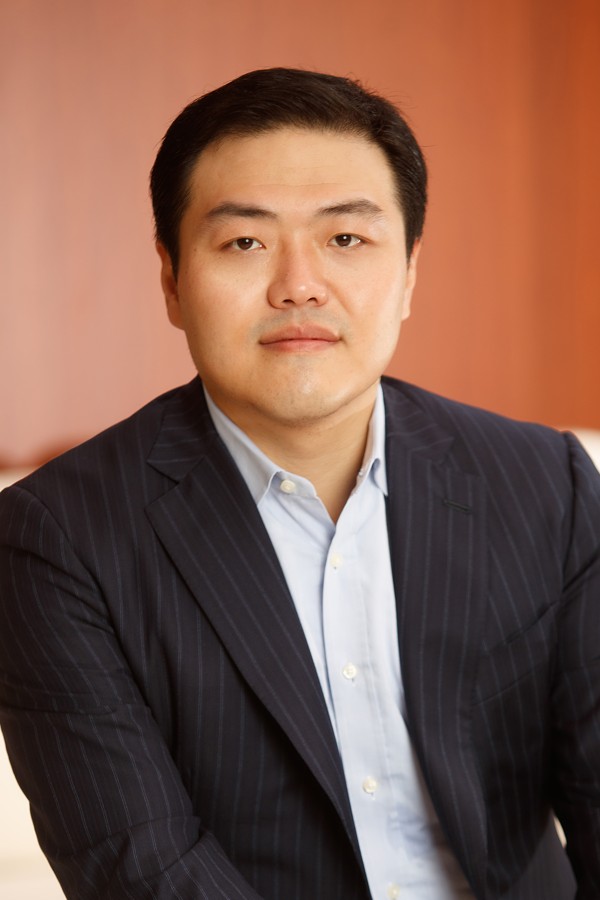
Bain Capital keeps a cool head, takes long view on China fintech and education sectors
US private equity firm sees attractive opportunities in payments and software, and will be long-term investor in education
Bain Capital Private Equity has identified attractive, minority investment opportunities in China’s financial technology sector where it can add value, managing director Drew Chen told the South China Morning Post in Hong Kong.
And, despite mounting pressure on managers to put money to work amid record high investor “dry powder”, or pledged but uninvested capital, the pay-off for investing with discipline and patience was still attractive, said Chen, who oversees the US buyout company’s technology, media and telecoms investment division based in the city.
Education … requires a longer-term ownership horizon and patient capital
For instance, Bain Capital this month partially exited its 22.45 per cent stake in Huifu Payment, a Chinese third-party payment service provider that works with small and micro merchants, through an initial public offering and listing on the Hong Kong stock exchange.
Chen said Bain Capital invested in Huifu Payment three years ago, as he saw the company was operating in a niche not actively covered by the two dominant players, Alipay and WeChat Pay, the respective mobile payment arms of Ant Financial and Tencent Holdings. Ant Financial is an affiliate of Alibaba Group Holding, which owns the Post.
“The dominant internet payment operators are more focused on servicing the consumer side, whereas Huifu Payment’s services target the small to medium businesses in China. It has also pioneered fintech enabling services targeting specific industries, such as airlines and internet finance companies,” said Chen.
Chen said Bain Capital made, on average, “two to three deals” a year in China. Such a measured approach has come despite dry powder reaching US$1.09 trillion, a record high, Preqin data shows. Both its US$2 billion Asia Fund II and the US$3 billion Fund III are currently investing. Bain Capital is raising its fourth fund, which according to Bloomberg data, is targeting US$4 billion. Chen declined to comment on such reports.

Being a private equity investor in technology means his team often spends several years building a relationship with entrepreneurs, understanding their business, before an investment opportunity emerges, said Chen.
In China, Chen views the software sector, particularly software as a service where customers access it over the internet and purchase it on a subscription basis, as attractive. As China develops into the world’s second-largest market for venture capital deals, which attracted three of the top five largest investments made in the first quarter this year, he said Bain Capital was indeed exploring the right model for potentially increasing its exposure to early stage ventures in Asia.
In the field of education, Bain Capital has invested in RISE Education, which offers after-school English language training for children of ages 3-18 in China. It partially exited its investment through an IPO at a valuation of reportedly more than US$700 million before a listing on the Nasdaq, a move that highlights its long-term view of the sector.
Bain Capital still owns 67.4 per cent of RISE Education, as disclosed in a Securities and Exchange Commission filing this month, and Chen said it would continue to hold its investment as the education sector is one that needs support with long-term capital.

“In other technology sectors, you have shorter life cycles. In education, it requires a longer-term ownership horizon and patient capital. Education is clearly a hot sector today, attracting a lot of investor capital, but if the institutions only focus on short-term enrolment numbers rather than on the quality of education, that is a lot of capital wasted in what should really be a business of advocacy,” he said.
Payment services is an investment theme Bain Capital’s technology, media and telecoms investment division has been following globally. It has invested in Worldpay, a payment processing business in Europe; in the US, Bain Capital’s venture arm invested in TxVia, which was acquired by Google in 2012. Chen’s team worked with Bain Capital Ventures to jointly make the investment into Huifu Payment.

